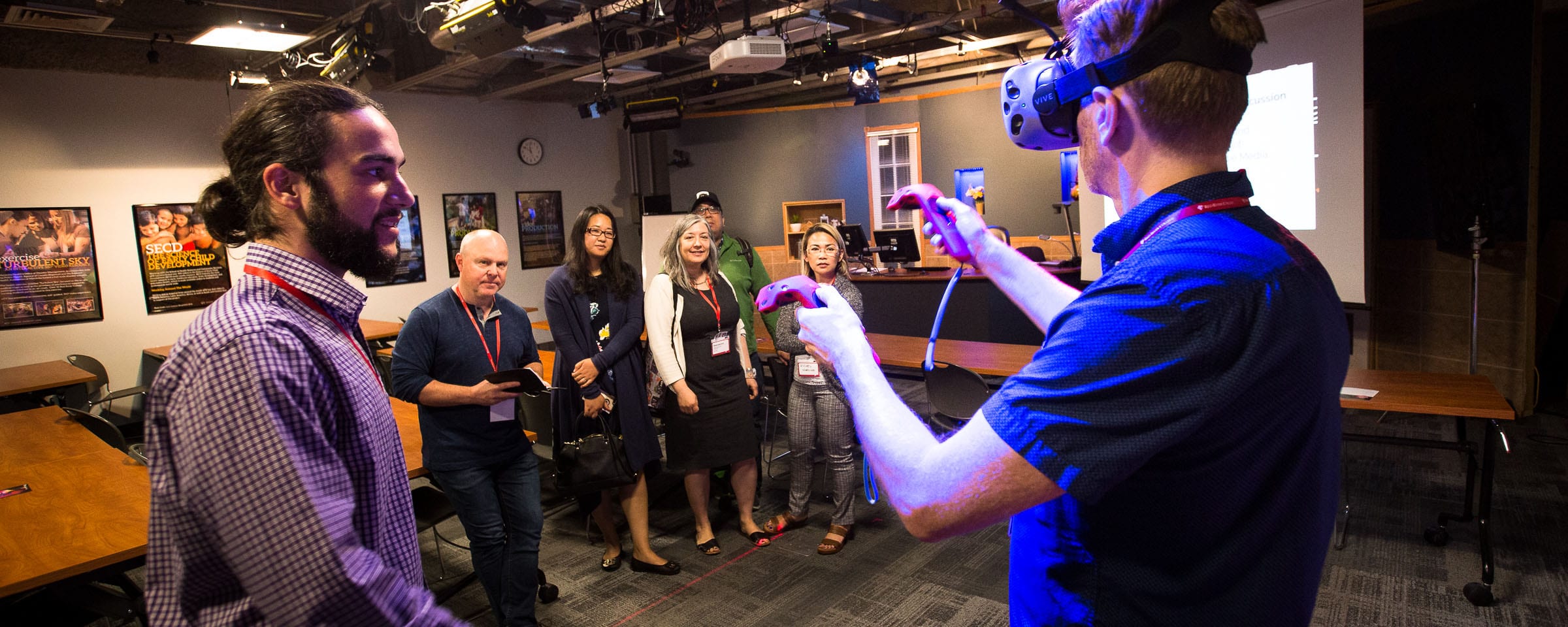Lynda.com Review: How Questions Shape Your Life
Review of “How Questions Shape Your Life: Using Questions to Foster Critical Thinking and Curiosity”
I’m a fan of good questions. Perhaps like you, I’ve experienced those magical moments in meetings where a question someone asks completely changes the direction of the discussion, opens up new channels of inquiry, and helps get us to a decision faster. I’ve also been in situations where I’ve given a presentation and no one had a question afterwards – which is a very disconcerting experience!
I chose to watch this Lynda.com course as a way of refreshing my skills on asking questions to stimulate creative thinking (my own and others’). The course provides a good overview of the reasons why good questions matter. My own experience confirms that thoughtful questions can help strengthen relationships, create trust, and express empathy. The course also talks about the negative impacts of either asking ineffective questions or no questions at all – which can be significant lost opportunities.
As a former instructor, I can certainly attest to experiences where asking well-timed and well-phrased questions generated great classroom discussion. Did you know that kids ask, on average, 125 questions per day while adults only ask six questions per day? With that statistic alone, the course reminded me of the importance of questions to help engage our natural sense of curiosity, which in turn leads to better retention of information. It also underscores how powerful questions can be for learning when students have the opportunity to explore topics or solve problems based on personal interest.
For my own skill development, I was hoping that the course would offer more concrete examples questions that work well to provoke divergent thinking or creative ideas. I would have liked to watch a few conversations that illustrated the impact of using “bad questions” versus “good questions.” While I did not find these illustrations in the videos themselves, the exercise files do offer some specific examples to reframe questions to make them more engaging. A very good follow up Lynda.com course called Asking Great Questions does provide an overview of specific types of questions.
At the completion of the course, I came away with a renewed commitment to using questions more often. So, when confronted with a problem, rather than simply say “I/We can’t because…” I might ask instead: “How could we….?” or “What if we….?” As the course reminded me, reframing the statement into a question creates space for opportunity, for possibility and for inclusion of ideas – which makes problem-solving more effective and fun! What is the best question you have asked (or been asked) lately that made a difference in your conversations?
